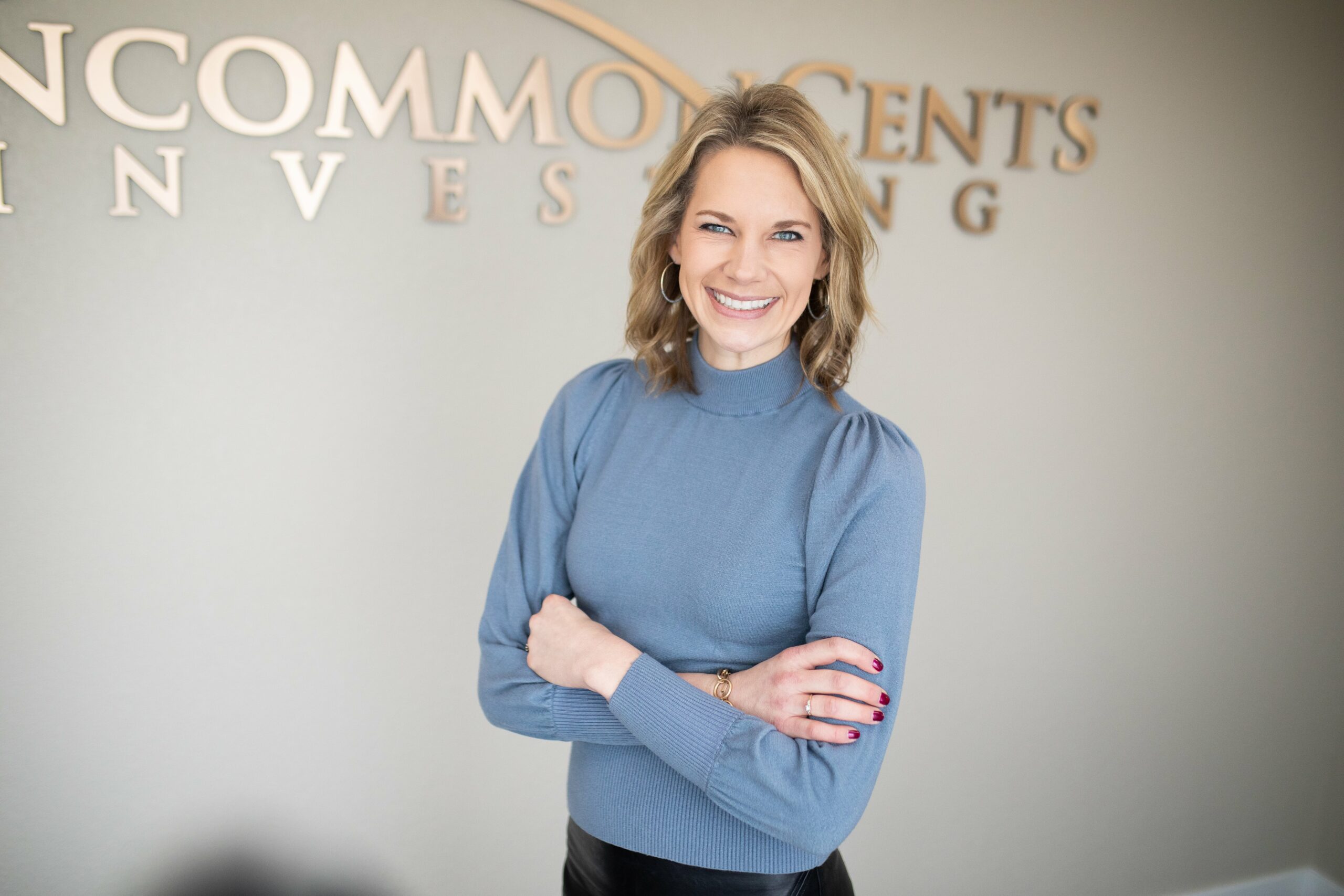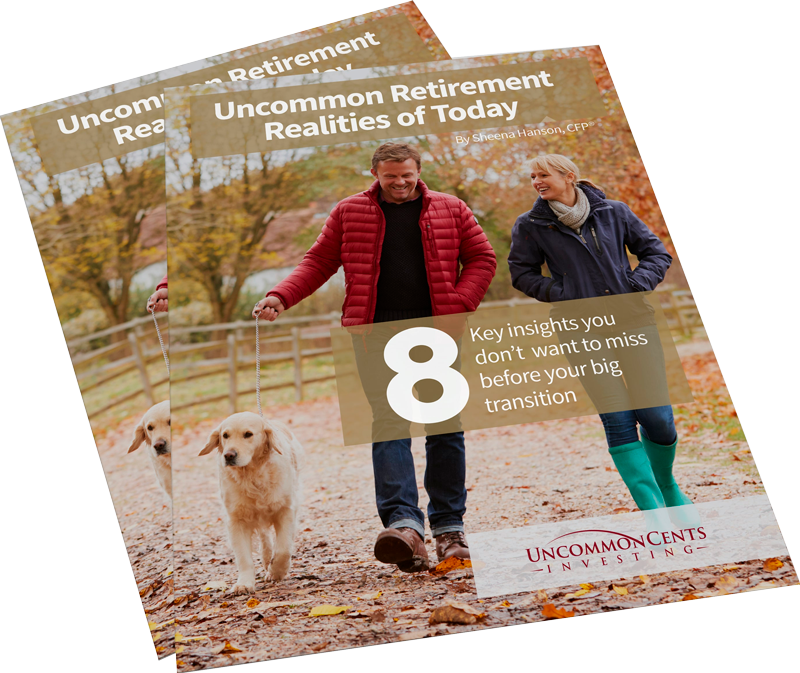Retirement is full of wonderful possibilities. When you don’t have to show up at the office, you can spend your days just about anywhere you please.
Maybe you’ve always pictured yourself at the beach or in the mountains. Or perhaps you’ve just been dreaming about being closer to family. So why not own a second home to allow you to visit comfortably anytime you like?
While owning a second home is the dream of many retirees, there are significant costs to consider before you sip that mai tai, breathe in the crisp, evergreen air, or pick your granddaughter up from school each afternoon.
Unpopular Truth: Owning a Second Home is NOT an Investment
This may not be what you want to hear, but we need to get this fact out of the way first: Owning a second home is not an investment. It is a want, and a want that very few can actually handle from a financial and emotional standpoint.
You see, a second home is not an investment because an investment is something that pays you money for assets invested in it. Since you don’t earn money for owning a second home, it is not an investment. Owning a second home costs you money, not the other way around.
Financially speaking, owning a second home is a liability. It ties a significant portion of your net worth to the volatility of the housing market and constantly requires more of your income each month and each year to keep it up and running. It is not a productive asset.
Now, that doesn’t mean it should be avoided at all costs. It does mean, though, that you need to ensure (1) you are financially on track for a long and fruitful retirement before you purchase a second home and (2) that the extra risks, liabilities, and expenses involved in owning the second property will not derail your other major financial plans.
The True Financial Cost of Owning A Second Home
A second home can be a place of your own to escape to, or may even be a source of rental income. But, hold up—there’s a lot more to it financially than you might first think. Before we dive into the nitty-gritty of costs like mortgages and maintenance, let’s get real about what owning that extra slice of paradise (or profit) actually means for your wallet. It’s not just about signing on the dotted line; it’s about everything that comes after, too. So, let’s break down what owning a second home truly costs, beyond the dream.
Real Cost #1: Initial Acquisition Costs
The dream of buying a second home is captivating for many. Yet, the initial investment required is nothing to gloss over. When you purchase a second home, the costs don’t just stop at the down payment—which fluctuates greatly based on the location and the type of property—but also stretch to cover closing costs, often amounting to 2% to 5% of the home’s buying price. Right off the bat, you might also need to dive into renovations or purchase furniture to make the place truly yours, adding a hefty sum to the upfront expenses.
Real Cost #2: Ongoing Expenses
The costs of a second home don’t end with a single purchase. Beyond the mortgage payment, there are property taxes, insurance, and possibly HOA fees, each capable of substantially increasing your monthly bill. Let’s also not forget about the upkeep expenses. Your budget will need to have plenty of wiggle room to handle landscaping and necessary repairs.
Property ownership inevitably comes with its share of surprises, including sudden major repairs post-natural disaster or the urgent need to replace vital systems like roofing or HVAC. These unexpected expenses demand additional financial foresight and flexibility, further adding to the total cost of owning a second home.
Real Cost #3: Lost Investment Opportunities
Money spent on a second home is money that could be put to work earning more money if it were invested. Your down payment, your monthly payment, your taxes, insurance, utilities, HOA fees, maintenance fees, etc. are all dollars that could have been earning an annual return and compounding to build wealth. No matter your income level, the costs of a second home detract from potential investment gain if the money were allocated another way.
Real Cost #4: Renting Doesn’t Pay What You Think
Perhaps you’re thinking you can offset some of the costs of owning a second home by renting it out. This sounds easy enough, but renting comes with extra costs too. If you rent more than 14 days per year then you are considered a landlord. Yes, being a landlord does come with some tax breaks, but also some liabilities. Make sure you do the math beforehand to see which direction the scale favors.
Renting out your property also means extra insurance, cleaning, maintenance, and saving for replacements when things inevitably break. You may even need to hire a property manager to tend to your guests when you cannot.
The True Emotional Cost of Owning A Second Home
The financial strain of a second home can be a constant worry, especially when unexpected costs pop up—and they will. Instead of a sanctuary, it becomes another source of stress, from fretting over security to the pressure of keeping it profitable if you’re renting it out. It’s not all bad, of course. The pride and joy in owning a beautiful retreat are real, but so is the anxiety of managing it from afar. Preparing for these costs ahead of time is key to truly enjoying your second home without it becoming a burden.
Real Cost #5: Stress and Responsibility
Owning a second home isn’t just about having a retreat; it’s about managing a whole new set of responsibilities, especially from afar. The stress of keeping up with maintenance, ensuring the property’s security, and addressing any unexpected issues can significantly eat into the peace and relaxation that the idea of a second home promises.
Real Cost #6: You May Have to Decrease Your Lifestyle (or Work Longer)
For many investors, owning a second home comes at a cost, and not just the financial costs. Owning a second home increases your standard of living, which means you will need more money each month to retire. One way to handle this is to live on less—that means cutting expenses to make room for the costs of the second home. Or, it could mean you work longer and retire later to earn the extra income you’ll need to be able to afford this liability.
The True Cost, in Time, of Owning A Second Home
With a second home, it’s not just a key under the mat and you’re good to go. It needs looking after—regular maintenance, dealing with unexpected repairs, and all the chores you have at your primary home, doubled. And if you’re thinking about renting it out, pencil in time to manage bookings, handle guest communications, and sort out the cleaning between stays. Suddenly, your weekends and spare time start to look a lot like work. Before you know it, that second home can feel more like a second job. It’s important to understand the time your second home may demand.
Real Cost #7: The Realities of Upkeep
Dedicating time to the upkeep of a second home is a hefty commitment. Regular maintenance, unexpected fixes, and the sheer effort to keep everything in order demand a blend of personal dedication and financial resources. This investment in time and money can sometimes overshadow the joy that the home is supposed to bring, adding a layer of complexity to the overall experience of owning a second property.
Real Cost #8: The Realities of Property Management
Opting to rent out your second home? Brace yourself for a significant uptick in responsibilities. Renting out a property is running a small business. You’ll spend hours a week—or thousands a year—to keep it running and complicate your tax picture in the process. First, consider the time cost of renting. The hours per week you will spend managing the property could translate into weeks per year actually vacationing. Sure, planning a vacation takes some time, but not anywhere near the amount of time it will take you to run the rental business.
Real Cost #8: Travel Time
The charm of a second home often lies in its unique location, yet the journey there and back can be a considerable investment of time, particularly if the spot is tucked away in a secluded area. This travel not only eats into the time you could be enjoying the property but also impacts the availability for other pursuits.
Weighing the Relative Merits of the Second Home
At the end of the day, whether you readily have the income to invest in a second home or not, the final decision to make is if these “real costs” are all worth it. There is no right answer, of course. Your retirement dreams are yours alone and you should, of course, do what you can within your power to make those a reality. It’s just as important that each individual or couple weigh the relative merits with these less frequently discussed costs to decide if owning a second home will really work for you.
Need Some Help?
If you’re interested in learning more about our wealth management services, simply schedule your free 15 minute introductory call with an financial advisor.
Sheena is a highly regarded financial professional known for her clear explanations and practical advice on complex financial matters. She earned her CERTIFIED FINANCIAL PLANNER™️ designation in 2010 and holds a Bachelor of Science degree in Finance from the University of Wisconsin LaCrosse.



